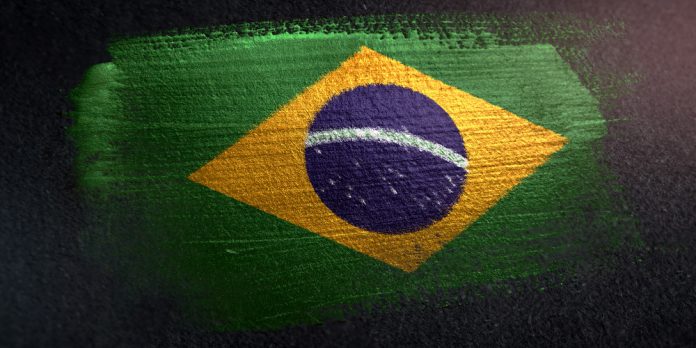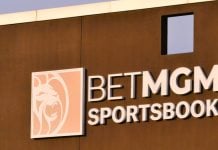Entain has noted that Brazil’s net gaming revenue (NGR) at the end of the second quarter is lower than expected due to the increased competition in the region arriving earlier than anticipated ahead of the market’s regulation.
Updating its investors in a conference call as part of its Q2 trading update, CEO Jette Nygaard-Andersen stated that NGR growth in Brazil has slowed down due to competition intensifying with the market’s regulation on the horizon.
“Competition in Brazil is intensifying ahead of regulation, which has slowed the rate of growth we are seeing there. That said, in Brazil, we still grew NGR by 26% in the quarter. We continue to lead that market and we remain very excited by the long-term prospects of the country,” commented Nygaard-Andersen.
In its trading update, Entain reported that its group NGR was up year-over-year in Q2 (8%) and the first half of the year (18%), but its online NGR was down in both measuring periods (Q2: 7%, H1: 7%) due to a “weaker macro-economic environment” and regulatory changes.
The firm’s Chief Financial Officer, Rob Wood, added that alongside the increased competition in Brazil arriving earlier than anticipated, macro-economic factors are having an impact in the region as well.
Wood said: “In Brazil, we always expected there to be increased competition ahead of regulation, but the intensity has arrived a little earlier than anticipated.
“And while our NGR growth in Brazil in Q2 was still an impressive 26%, that was nevertheless lower than we had been expecting. This results in approximately a one to two percentage point drag versus our previous expectations.
“You’ll remember, we have previously talked about Q2 year-on-year growth being down low single digits, largely as a result of the COVID impact unwind. So, those two factors together should help you bridge from that expectation to what we’re reporting today.
“As we plan ahead, whilst macroeconomic impacts are cyclical, we think it prudent to assume they persist across the balance of the year.”
In the Q&A section of the call, Entain was asked if it is reasonable now to no longer expect the sports betting market in Brazil to regulate before the October elections, and how that should be accounted for in terms of H2 growth expectations – would regulation be a drag on or a benefit to growth?
Nygaard-Anderson responded: “When it comes to Brazil, so we expect that regulation would be published just after the election here. But I think looking at it right now, it’s probably unlikely that it will come up before the World Cup, and then we move into sports betting licenses by mid-2023.
“That doesn’t really change our excitement about the region. But we are seeing right now that competition is heating up in the market ahead of regulation coming out. Therefore for us, we are looking forward to regulation actually happening because us being number one in the market, that obviously is a benefit for us when it comes to market growth and marketing.”
Wood added: “One of the benefits of licensing actually will be to clean up the market. So it’s interesting looking at the competitive intensity over there.
“It’s not just some of the larger operators positioning themselves ahead of regulation. It’s also a very large number of smaller unlicensed or lower-quality operators. I’ve seen reports that there are over 2000 operators right now in Brazil. Clearly, a licensing regime will help tidy that up.
“The marketing point is a big one as Jette’s just mentioned, but also being able to give customers better journeys through more popular payment service providers, that sort of thing.
“These are all reasons why we expect the market to grow very well, and in particular for the likes of ourselves, albeit new taxes being introduced leads to pull back in EBITDA a little bit versus where otherwise it would have been, but most definitely we’re expecting growth.”














